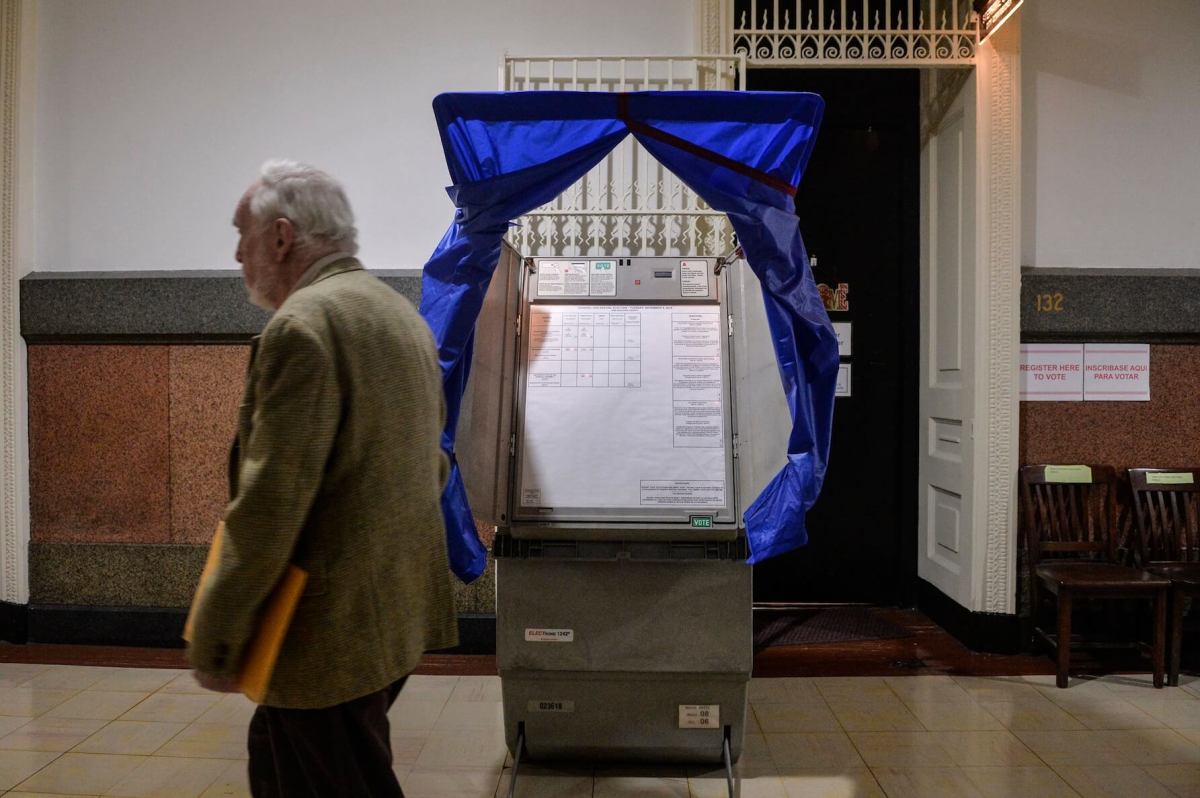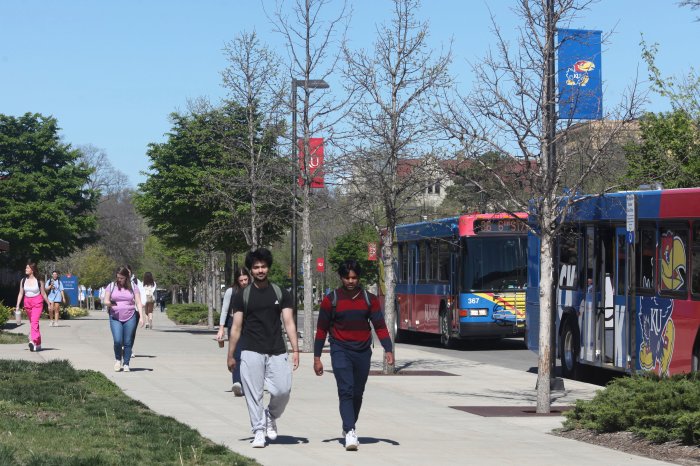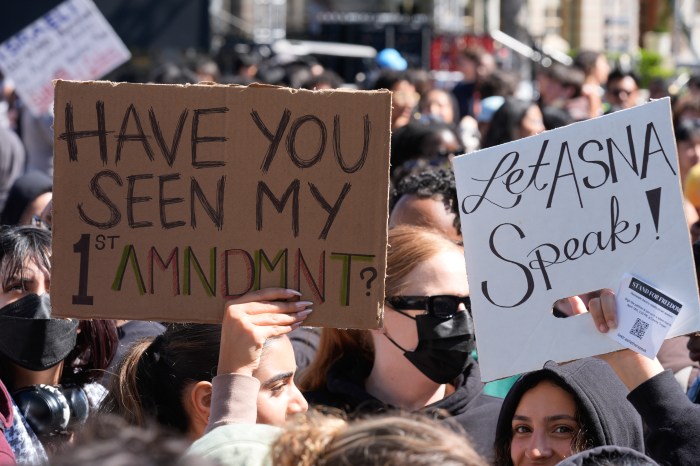U.S. officials say that Russian hackers breached the country’s election systems in 2016 but didn’t change presidential vote totals. Some analysts say they’re in denial.
There’s strong circumstantial evidence that hackers did change the vote, writes Michael Harriot in The Root. He notes that the Department of Homeland Security originally denied that Russia breached voting systems. That turned out to be untrue: In February 2018, we learned that Russia targeted 21 states and actually got inside the voting systems of eight, including the electoral vote-rich California, Texas and Florida. DHS didn’t tell those states until eight months after it happened. Ultimately, Illinois officials found that hackers attempted to change voter rolls but were unsuccessful. Georgia’s voting machines were found to have a loophole that allowed anyone access to the state’s entire voter registration system and passwords that would theoretically allow votes to be changed.
A July report released by the Senate Intelligence Committee said that Russian hackers had the ability to change voter data but didn’t. “In at least six states, the Russian-affiliated cyber actors went beyond scanning and conducted malicious access attempts on voting-related websites. In a small number of states, Russian-affiliated cyber actors were able to gain access to restricted elements of election infrastructure,” the report says. “In a small number of states, these cyber actors were in a position to, at a minimum, alter or delete voter registration data; however, they did not appear to be in a position to manipulate individual votes or aggregate vote totals.”
There are no paper trails that prove votes were changed. But circumstantial evidence makes a powerful case that Russian hackers went all the way, says Harriot.
“We know, from Vladimir Putin’s own words, that he wanted Trump to win the 2016 election. We know that Russian agents interfered. The entire intelligence community agrees that Russia targeted the election systems in at least 21 states and breached the barriers in at least 8 states,” he writes. “Yet, we are supposed to believe that Vladimir Putin concocted this vast, Russian-sponsored effort that included propaganda, computer experts, spies and an international ring of hackers, but when he was actually successful at breaking into voting systems, all they did was look around and change nothing?”
Breaking down the circumstantial evidence definition
We’re used to hearing about circumstantial evidence from every cop and P.I. drama ever made — it’s considered weaker than eyewitnesses evidence and has been cited as such so many times that it’s become synonymous with a hunch. But in reality, circumstantial evidence can convict someone beyond a reasonable doubt, and juries are instructed that there is technically no difference between direct and circumstantial evidence.
Circumstantial evidence is that which requires inference to prove guilt of a crime, as opposed to someone’s direct observation of an offense. The most common example: A fingerprint at the scene of the crime.
In the case of the 2016 elections, Russians left fingerprints all over the place. And the more we learn about Trump’s relationship to Vladimir Putin and Russia, the more circumstantial evidence emerges of a deeper conspiracy.
In Esquire, Charles Pierce noted that the constant denials that Russian hackers changed votes is “increasingly harder to believe” in light of the fact that there are 7,000 local jurisdictions and there’s evidence Russia got inside some of the larger ones. U.S. official denials that votes were changed “is a calm, measured, evidence-based judgment,” he says. “It is also a kind of prayer. If the Russian cyber-assault managed to change the vote totals anywhere, then the 2016 presidential election is wholly illegitimate. That rocks too many comfort zones in too many places.”
To Harriot, simple logic moves closer to the conclusion that votes were changed than that they weren’t. “We know that hackers attempted to change voter rolls and hack voting machines at least once, but we are supposed to believe that it wasn’t widespread. The people who tell us this, the individual states, had no idea they were hacked until they were told. And the people who told the states, lied at first, but we are supposed to trust them now,” he writes. “If you believe that, I have some warm, sunny beachfront property in Siberia for sale.”



















